I love Plato (428? - 347 BC) and Aristotle (384-322 BC) . It has been said that all of Western philosophy is a footnote to the insights of these two seminal thinkers. I read this comment in the Lecky Library at Trinity College, Dublin, Ireland in 1965 before earning my B.A. I now have four university degrees; I have found nothing to contradict the footnote statement of 1965.
Plato and Aristotle, in short, have stood the test of time, at least for those who remain literate in the great books of Western Civilization. They have passed the test because they ground their insights on "The Permanent Things," dimensions of human existence that do not change.
With maturity, however, I have come to appreciate the emotional pain that motivated Plato and Aristotle, the pupil of Plato, to write classics like Plato's Laws and Republic, and Aristotle's Politics. Both lived in ancient Athens, Greece, which, of course, to them was not ancient.
Both men lived at a decisive point in the history of their country, a time of decline - eventual collapse and conquest by the Macedonians. In fact, Aristotle became tutor to Alexander the Great of Macedonia (356-323 BC) whose father, Philip II (382-336 BC) conquered Athens.
Both men desperately sought remedies to reverse the decline of their homeland. This is why they wrote passionate, insightful studies about politics. Their classics on politics are not abstract academic exercises. They are desperate action pleas to reverse the decay of their country.
More and more, I can relate to the emotional pain behind their writings, for the decay of my country is causing similar pain in me - and many others around me today. Despite their brilliant insights into the human condition, then and now, Plato and Aristotle were unable to reverse the pathologies around them. As a result, a tougher, more disciplined society kicked in the "rotten door" - and Athens never regained its independence. Let Plato and Aristotle serve as warnings.
I had the good fortune to visit Athens, Greece in 1985. I found the spot where Plato's Academy met, where he taught students like Aristotle. I felt I had come full circle. I had come home. As I stood there, I reflected on how things have not changed - and how we ignore "The Permanent Things" at great personal and social peril. Who will kick in the "rotted door" of our society?
Subscribe to:
Post Comments (Atom)

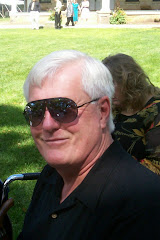



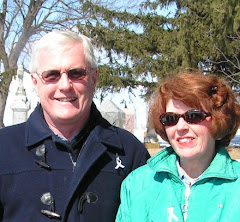



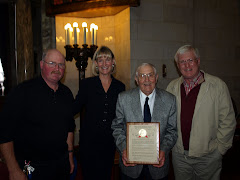

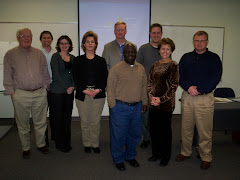
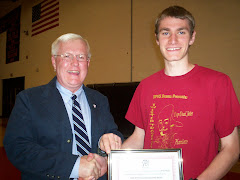
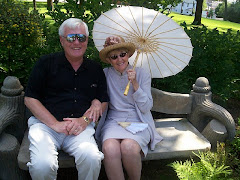

No comments:
Post a Comment